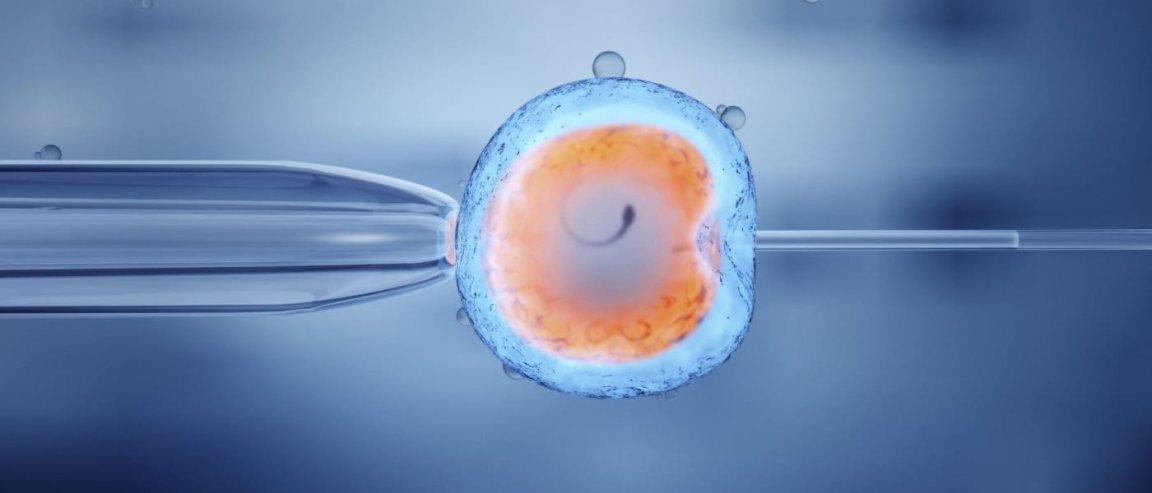
A New Birth
Reproduction without the need of one male and one female parent — it’s the stuff of sci-fi, but scientists from Kyushu University Japan may be nearing this far-fetched phenomenon as they have successfully bred baby mice from mouse skin cells in research recently discussed in Nature.
The breakthrough was led by reproductive biologist Katsuhiko Hayashi. Grafted skin cells from the tails of mice were first turned into stem cells, and then processed to become sex cells. Female mice cells were transformed into egg cells, and male mice cells into sperm. This pathway from tail skin cell to sex cell was made using developments from Hayashi and Nobel winner Shinya Yamanaka.
The constructed egg cells were placed in a petri dish containing cells from mouse ovaries to simulate the environment where fertilization typically occurs. The setup was a success, and fertile embryos were formed. A few weeks and a little in-vitro fertilization later, 26 mice pups were born.
Hayashi reports that different groups in his lab have replicated the process, but the procedure is challenging. To further the technology of artificial reproduction, he says studies should be to find a way to omit the need to create the ovary-like environment from actual ovary cells.
From mice to men?
Hayashi is confident that his team’s discovery creates a platform of opportunity for other mammals, even humans. He did have concerns about the quality of the egg cells. In his study, only 3.5 percent of the artificial embryos matured to become baby mice, quite low compared with the 60 percent success rate from eggs that develop within a mouse’s ovaries.
In an interview with Next Big Future, Jacob Hanna, a stem cell biologist at the Weizmann Institute of Science Israel, implies a future of possibility for same-sex couples based off Hayashi’s work. In theory, if skin cells can be turned into sex cells, homosexual couples could perhaps become biological parents. Hayashi, however, has not yet experimented with turning male skin cells into egg cells.
Cloning and artificial reproduction are hugely controversial issues. While cells grown from skin have shown promise in medicine, like this method of regrowing cells in the heart, many are still concerned about the ethics of such experimentation and how we can control it. It’s not clear how soon people conceived through methods such as these will walk among us, but we’re all waiting to find out.